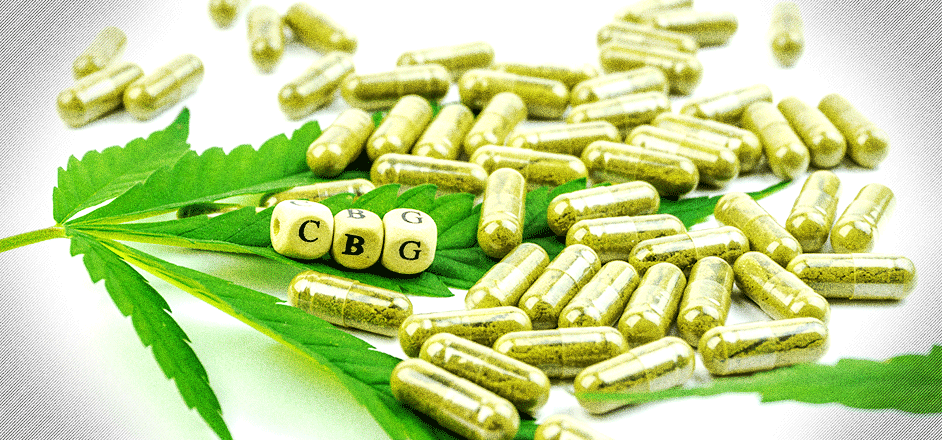Nobody really knows how many cannabinoids are in hemp — but we know that there are well over 100 of them.
CBD is, and likely always will be, the most prominent of these, because of its vast array of medicinal uses. But it’s only one of the many cannabinoid molecules; and each one has its own unique properties — which we learn more about with each and every new scientific cannabinoid study that comes out.
And recent research by McMaster University in Canada, may have just made a rather big discovery, testing the cannabinoid known as cannabigerol or “CBG.” Scientists knew that CBG expressed a potential for slowing the growth of gram-positive bacteria (like S. aureus), but wanted to see how it might affect gram-negative bacteria (like E. coli). So they put it to the test, and pitted CBG against a particularly challenging infectious bacteria.
What they observed might change the very way that hemp is used in medical settings: in a mouse model, CBG showed antibacterial properties against methicillin-resistant Staphylococcus aureus (MRSA), a drug-resistant superbug. Which is a cluttered way of saying, CBG worked against drug resistant germs! And it actually worked a lot better than the scientists had hoped.
That is huge news. Not just because scientists haven’t discovered a new type of antibiotic in over 30 years, but also because, as the threat of antibiotic-resistant bacteria looms on the scientific community’s radar, new antibiotics like this could offer mankind a little more time, before some unfightable super-infection kills us all off. (Don’t get your hopes up though — coronavirus is a virus, not a bacterial infection, so if that becomes a serious thing we’re all still fucked.)
“CBG proved to be marvelous at tackling pathogenic bacteria,” lead author of the study and professor of biochemistry and biomedical sciences at McMaster, Eric Brown said. “The findings suggest real therapeutic potential for cannabinoids as antibiotics.”
For the study, researchers tested the 18 different cannabis-derived molecules for antibacterial activity — including cannabidiol (CBD), tetrahydrocannabinol (THC) and CBG, against MRSA — an anti-biotic resistant and particularly challenging-to-fight superbug. When they treated mice infected with MRSA, CBG worked just as well to fight off the infection as vancomycin, a powerful pharmaceutical antibiotic.
It’s a testament to the medicinal qualities and many uses for hemp and cannabis. This plant has long been used in folk medicine, touted by hippies, spiritual gurus, holistic doctors and your weird aunt Dinah as a broad-spectrum medication for decades. And now, we’re starting to see science that actually backs that up. The hippies were right: hemp can save lives.
This discovery is a hopeful one – it puts another highly effective antibiotic in the hands of our doctors and scientists. So, should E. bola (or some other bacterial infection) rear its ugly infectious head, we’ll have hemp-based antibiotics to help stop it.



Leave a Reply
You must be logged in to post a comment.